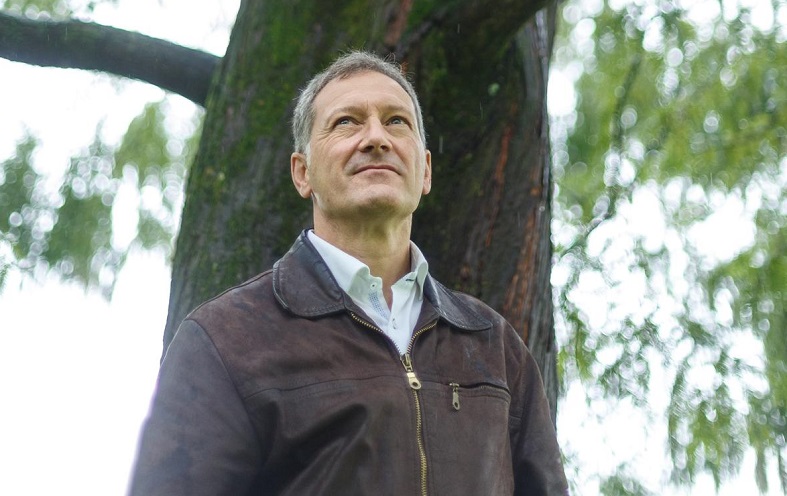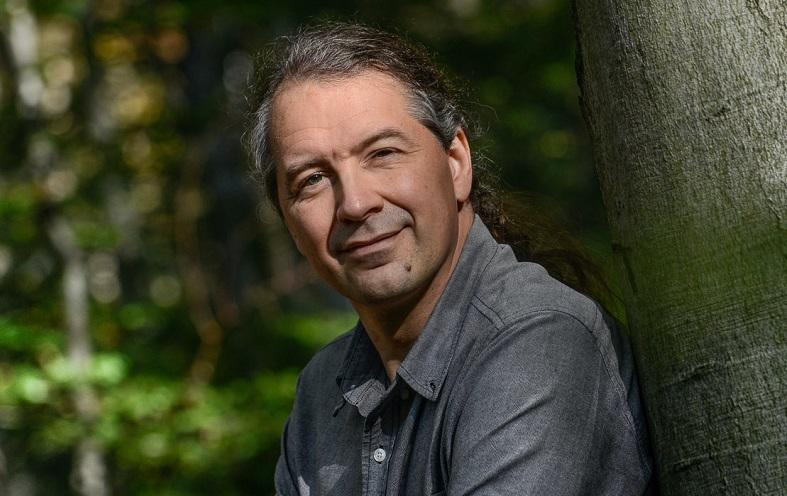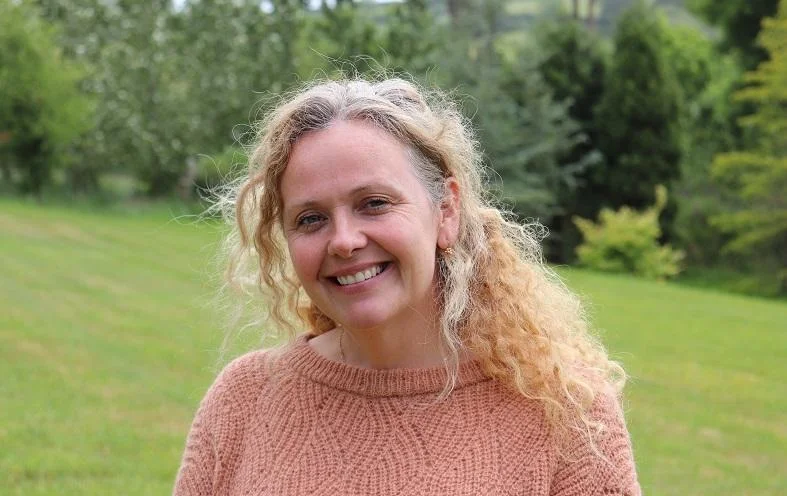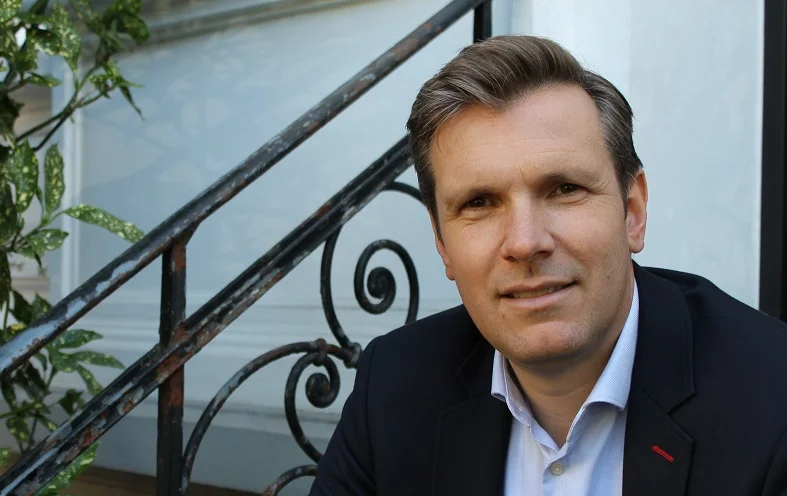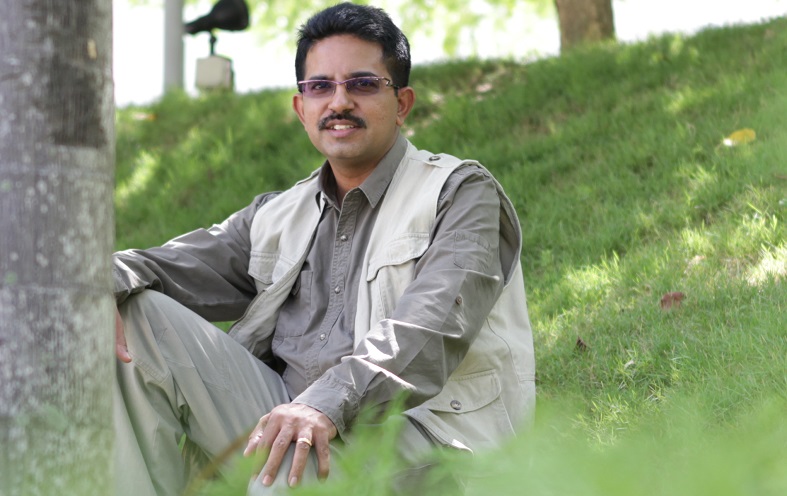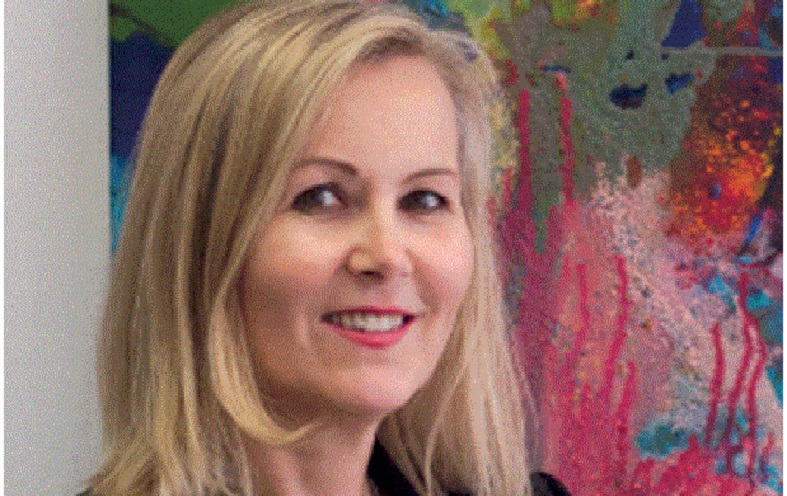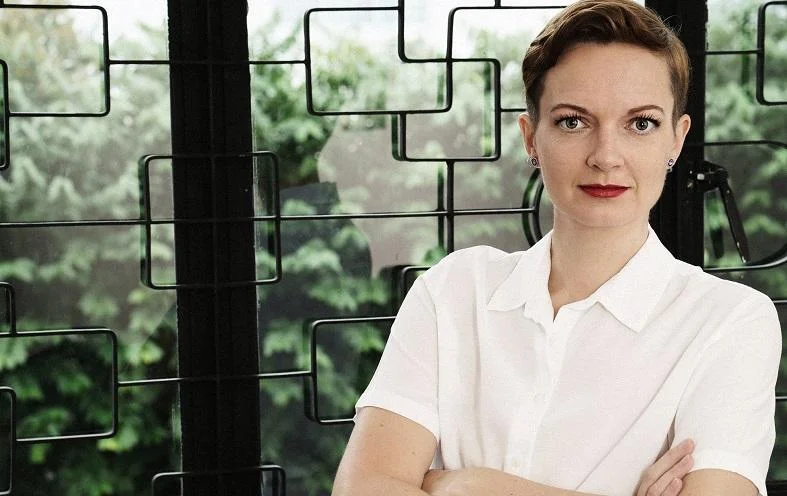
Judith Walls, Professor and Chair (Sustainability Management) at the University of St. Gallen in Switzerland, in this interview shares her thoughts on sustainability leadership, business challenges and the tourism dilemma.
This is the first of a series of interviews with inspirational leaders from academia, business or the arts whose work might not directly be focused on tourism, but whose story and ideas are essential for understanding the bigger picture of sustainable development – in travel & tourism and beyond.
Judith, you have been researching environmental sustainability, business and governance for many years. Do you remember what first got you interested in those topics? What inspired you?
I’ve always been interested in nature. As a child, I was obsessed with animals and wanted to become a wildlife veterinarian or work with animals somehow. We lived in a farm area and I spent most of my time climbing up trees, into chicken pens, and roaming through corn fields and forests.
When I was seven, I wrote a report on elephants – our small local library only had three books on elephants. It became my dream to go to Africa and work with wildlife. Unfortunately, I had no idea that a person could become a conservation biologist. When it came to applying for study programs, my parents urged me to go to business school. That took me on a totally different path and created internal conflict. I was good at business, but I didn’t love it.
Eventually, I quit what was an amazing career track in investor relations consulting in order to volunteer in Namibia with a wildlife fund. Those were some of the best years of my life. I was on the front lines of human and wildlife/ecology conflict and realized that we need a balanced co-existence if we want to preserve nature.
It was then that I decided to pursue a PhD to combine business and sustainability.
You recently joined the University of St. Gallen (HSG) as Chair for Sustainability Management and Co-Director of the Institute for Economy and the Environment (IWÖ). Are there differences in how sustainability is discussed in an organizational context in Switzerland, compared to – for example – Singapore where you previously lived?
For sure. In Europe, there has been much more attention to environmental sustainability for a much longer period than in other parts of the world. The South-East Asian region has many other challenges to address, such as poverty. It places a totally different emphasis on environmental sustainability because economic development is usually the prime concern.
Europeans generally have a higher awareness of sustainability issues. However, when it comes to companies, there are still many issues to address, for both European companies and those in other regions.
In my experience, Asian companies are rapidly catching up when it comes to implementing sustainability strategies, especially the large public companies. But, we have not yet achieved a circular economy, whether in Europe or Asia.
Too often, companies still fall short of closing the loop and they end up taking (too much) from the natural environment, and after production, generating waste that goes back into the natural environment.
Briefly, which research projects are you currently involved with?
I focus on topics that relate to corporate sustainability strategy. I’m probably best known for my research on corporate governance and sustainability; this body of research came out of my PhD thesis. I started out looking at structures and incentives on the board of directors, top managers, and shareholders and how they affect environmental performance of companies.
More recently, I have started to apply a more behavioural perspective of governance: what types of leaders drive their companies forward when it comes to sustainability? What qualities and characteristics define those leaders?
A second major research area I’m interested in is biodiversity. I have several new projects that look at issues related to land use in corporate settings, such as the mining industry or agri-commodities like palm oil. I’m also looking at how biodiversity is governed by companies, and how companies and their leaders perceive the risks associated with biodiversity in their strategic decisions.
Investors and insurers are also paying a lot of attention to this issue. This helps point out the importance to corporate leaders because humans have severe cognitive biases when it comes to making decisions that have an impact far into the future.
What does it take for individuals to become leaders in sustainability?
Often, leaders are driven to pursue sustainability intrinsically. My research shows that leaders who have had personal exposure to sustainability topics, either through their job or non-job related activities like volunteering, tend to be much more likely to improve their companies’ sustainability footprints.
Leaders can also be extrinsically motivated – for example through pressure from shareholders or stakeholders.
Imagine the manager of a destination or a tourism business asks you for advice on how to approach sustainability. What would you say?
Tourism is an interesting industry because it is full of paradoxical tension when it comes to environmental and social sustainability. On the one hand, tourism is a non-consumptive form of wildlife utilization. This means tourists can enjoy nature or their surroundings without, for example, killing the animals, or at least not killing them directly. Tourists also often bring income, which can mean socio-economic development.
On the other hand, we’ve seen a vast increase in tourism all over the world. The number of flights per year has increased drastically over the past two decades. This creates a massive carbon footprint, which contributes to climate change. That’s where the trade-offs come in.
Tourism can provide socio-economic benefits to regions, and also be a form of personal fulfilment for the tourist. However, it creates pollution and waste. The question is where do we draw the line between the positive and negative impacts of tourism.
What I would say to any tourism business owner or manager is the same thing I would say to all my students: be transparent and honest about your business and its impact on nature and society. If we know what the ecological or social costs or downsides are, then we can be proactive about managing them and improving things.
The worst thing any company can do is greenwash – because the trust stakeholders place in a company, once broken, is really difficult to recover.
I would also urge tourism owners or managers to consider how quickly trends can shift. What is acceptable today, for example people deciding to fly to a destination for personal pleasure, may no longer be acceptable tomorrow. What would you do if the perception and norms around travel and tourism changed?
In addition, climate change will affect sea level rise, rainfall, drought, and so on. Many tourist destinations rely on things like access to the ocean, or depend on the surrounding natural environment. So the question is, what will happen to the area you operate in?
Industries and companies need to anticipate major shifts and adjust. You need to plan for the future, including for the uncomfortable truths we face.
As someone who cares deeply about the conservation of Nature – do you have examples how smart management or innovative entrepreneurship have helped a conservation project become financially sustainable, after the initial funding phase?
My sense is that successful conservation projects, even at the initial funding phase in a donation model, need high visibility and be intuitively appealing to humans. This is an unfortunate reality because people will readily support some causes that are deemed more appealing or iconic. Elephants or lions are a good example. Everyone pretty much likes them. But trying to raise some funding for a fungus or cockroaches – that is much harder.
To become financially self-sustaining, wildlife conservation projects also need a business angle, and hybrid business models might be best suited. Hybrid businesses have a dual goal: making enough money to sustain themselves financially and simultaneously achieve their social or environmental goal.
It’s not so easy to run a hybrid business because conservationists often don’t have a lot of business experience and business people often lack the training in natural science.
Instead, I think we might have more success coming at this from the point of view of large businesses and making them carry some of the responsibility for the destruction which the industry has created in our natural and social world. Such initiatives are largely voluntary, but they can inject some serious cash into addressing Grand Challenges.
A great example is the World Business Council for Sustainable Development (WBCSD) and how this organization is tackling the issue of plastic waste. That is just one example of the many projects and programs the WBCSD has going on to address major environmental and social challenges in the world.
What are some of the challenges that businesses often face, slowing down their efforts to operate environmentally sustainable?
Wow – that’s a huge question. There are many challenges businesses face, everything from technical challenges to human/societal ones.
Probably the biggest sustainability issue, at least for large multi-national companies, is the sheer complexity. A company of that size has so many elements at play that it can be hard to get a handle on what exactly they’re doing and where, and what the impact is of their operations.
Nowadays, the boundary of the firm does not end with legal considerations; companies are also being held accountable for their supply chains, customers, and the natural environment. Addressing all of these aspects is challenging. And it’s not a one-person job. The whole company and all its stakeholders have to be involved.
Which topics linked to sustainability are currently the most hotly debated in academia?
The academic debate is quite different from the practical landscape. In practice, I would say a big sustainability debate is probably around how companies (and governments) can strategically address climate action: who, when, what, and so on.
Increasingly, people are also paying attention to biodiversity loss. As a scientist I’m sometimes astonished at how political and social factors still create a lot of roadblocks for meaningful transformation of our economy.
The debate in academia is rooted in an entirely different problem that has to do with the ivory tower. Especially in the field of business strategy and management, we have an unhealthy obsession with theorizing for theorizing’s sake. Theories, however, don’t always address the pragmatic issues that help businesses on the ground. Some academics are starting to ask why we aren’t more relevant to practice? CEOs, for example, don’t read business academic articles. That’s a problem. We know it’s a problem.
We can partly address this gap through our teaching – the result of our work there has a more immediate impact. Another way to address that gap is through engagement with the public, politics, and popular media. But not all academics know how to do that; many of us lack the skills.
We still have a long way to go in order to connect better with business practice and managers or leaders. The academics who inspire me the most are actively engaging business leaders, the public, and politicians.
I can think of nothing more important than getting our work out there, in a timely manner, in order to have true impact.
Thank you, Judith.
Connect with Judith Walls on Facebook, LinkedIn or Twitter, or visit her Google Scholar profile for more on her research and publications. More about her background and research priorities also in her university introduction.
Enjoyed our interview with Judith Walls on sustainable wildlife conservation, key business sustainability challenges and the complexity of tourism? Thanks for sharing!


